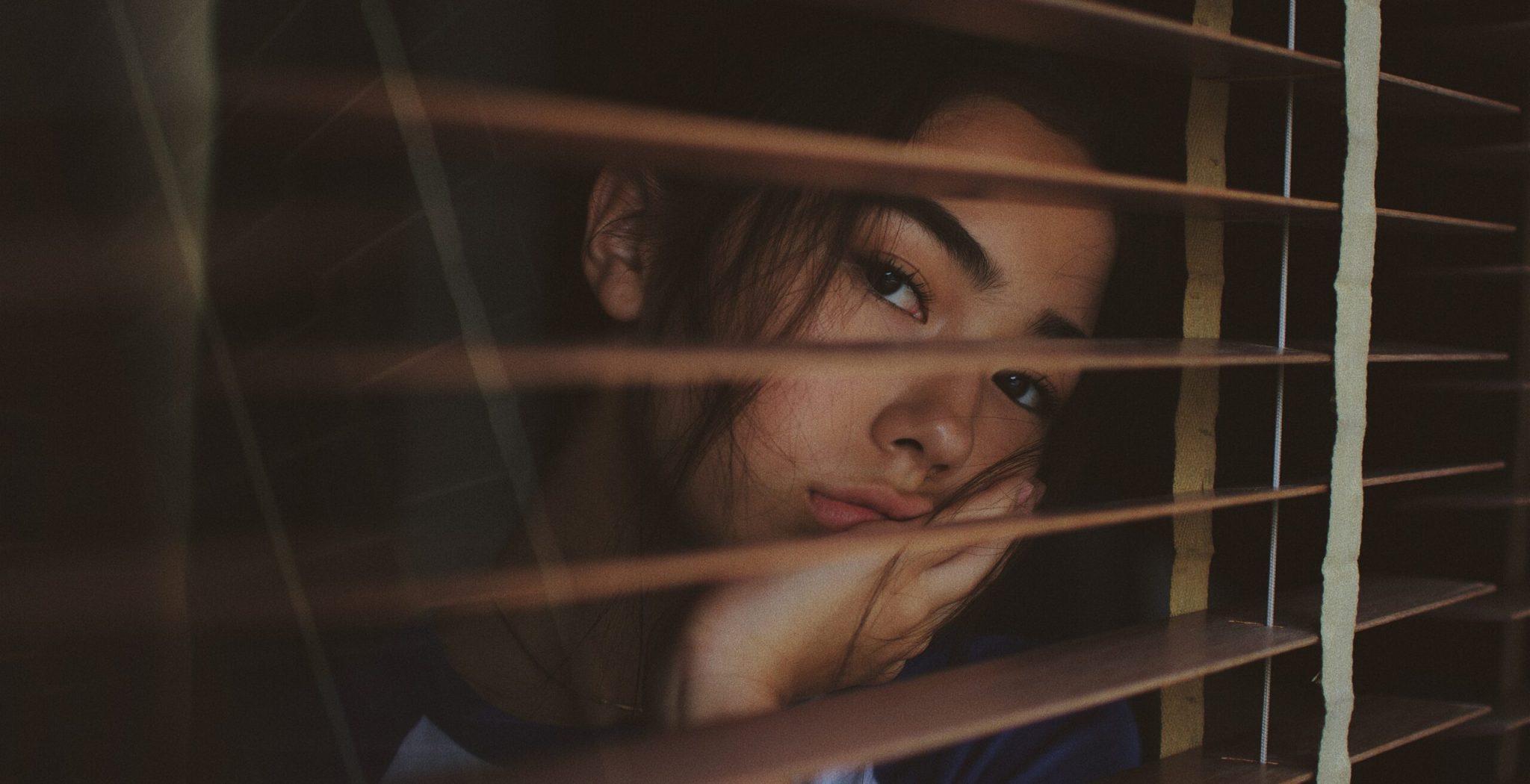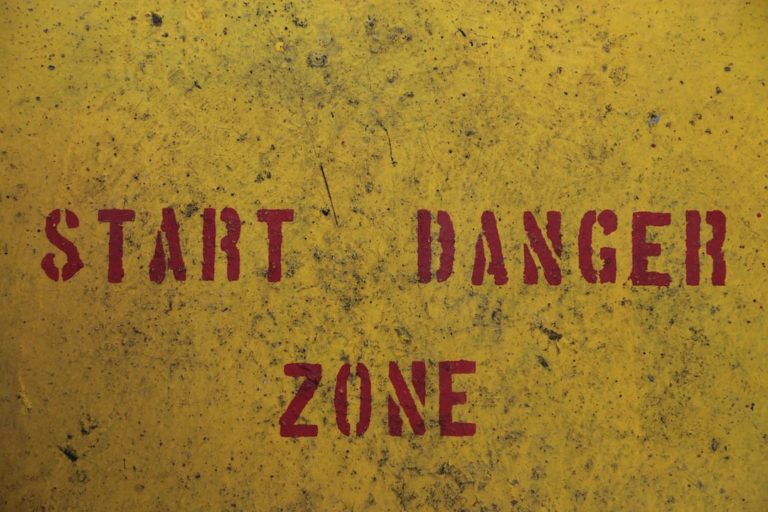It can be hard to struggle with depression and other mental health problems. But many people do.
In the United States, the number of people exhibiting symptoms of depression rose significantly in 2020, particularly among younger people. Because of that, it’s more important than ever to manage your depression in any way you can.
Let’s go through how to avoid depression triggers so live a happier and healthier life.
What Are Depression Triggers?
Depression triggers are anything that can trigger a major or minor depressive episode.
This can happen for people who have never suffered from depression before or people who have suffered from it before. Different people have different triggers since they’re based on your history and personal experience.
Even if you haven’t suffered from depression, it’s still important to watch out for situations that could cause depression. This is especially true if you have a family history of depression or mental health problems.
Common Depression Triggers To Watch Out For
It’s important to be able to identify common depression triggers so that you know what to avoid. Here are some depression triggers that you’ll watch out for that could come up in your everyday life:
- Losing your job
- Money problems
- Bad eating habits
- Losing a loved one
- Changes in weather and the time of year
- The end of a relationship
- Being rejected from a career opportunity
- Major illness
- Drinking too much or doing too many drugs
- Important milestones, or the anniversary of past notable occasions
While that list is extensive, luckily, there are plenty of strategies to avoid depression triggers.
How Do You Avoid Depression Triggers?
Some depression triggers are easier to manage than others. Living a healthy lifestyle and committing to eating well, getting plenty of exercise, and sleeping right can be a great way to avoid depression triggers.
If the outside world and the fast-paced news cycle are what triggers your depression, you should do your best to limit your consumption.
Whenever possible, don’t watch 24-hour news channels. Try to avoid live feed news updates. It’s important to stay informed, but without being overwhelmed. Set a time limit for how much news coverage you look at each day, and stick to it whenever possible.
Stay away from social media whenever possible. Studies have actually shown that, even without news consumption, social media can cause depression and mental health problems. Because of that, it’s a good idea to limit your social media use no matter what your triggers are.
Of course, there are some things that you may not want to give up, but they could be causing more problems for your mental health than you know. Drugs and alcohol can both be major triggers for depression, and they can make what you’re already feeling worse.
So, limit your consumption of alcohol and drugs. If you’re having issues, it may be time to consult with a professional about your alcohol and drug intake.
Sometimes your relationships can make your depression worse as well. If there’s a person in your life who feels draining to be around and tends to cause problems for you, it may be time to set boundaries with this person or cut them out out of your life entirely.
Knowing the Types of Depression
Being aware of the different types of depression is also very important. Knowing the different types of depression can help you identify what you think you’re struggling with. That will make it easier to avoid your triggers, and figure out what help you may need. Some of the types of depression include:
- Persistent depressive disorder
- Major depressive disorder
- Atypical depression
- Seasonal affective disorder
- Subsyndromal depression
- Postpartum depression
- Bipolar disorder
- Disruptive mood dysregulation disorder
- Depression related to chronic illnesses
- Premenstrual dysphoric disorder
Of course, to properly address your depression, you’ll want to go through your symptoms with a mental health professional so that you can get an exact diagnosis.
Finding Treatment for Depression
While some depression triggers can be avoided or managed, some are just a fact of life. That’s why it’s important to get treatment for depression, even if you think you’ll be able to avoid issues in the short term.
Depression can be linked to other mental health problems, including anxiety. Depression can hurt your physical health as well. It can also reduce your quality of life.
If you are looking for depression treatment, there are options out there for you. If you’re just beginning to look into treatment, you can look into counseling for a low-stress and low-commitment option.
For severe depression, you may want to look into cognitive-behavioral therapy, which helps you address the underlying thought patterns contributing to your depression. This type of therapy can help boost your confidence and help you cope with the stress and triggers of everyday life.
Medication can be a useful tool for some forms of depression, but it should be used in consultation with a professional and in combination with other forms of therapy.
In many cases, it’s helpful to try out several different types of treatment to find what works best for you. This may end up being just one form of treatment, or a combination of different treatments working together.
That’s especially important if you’re struggling with other mental health problems besides depression since different issues need to be addressed in different ways.
Ultimately, it’s most important to find a treatment plan that works for you and stick to it for the long term.
Avoiding Depression Triggers Is Just the First Step
Now that you know how to avoid depression triggers, you should be on track to start feeling better. Just take a deep breath and get started on your mental health journey.
Are you looking for more help with your mental health? Contact the Southern California Sunrise Recovery Center today.






